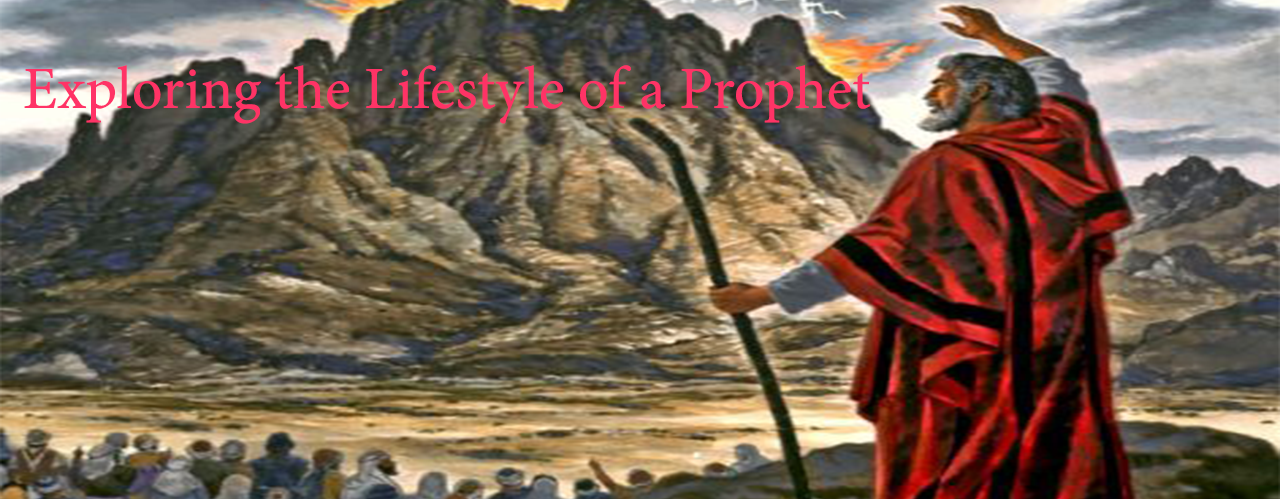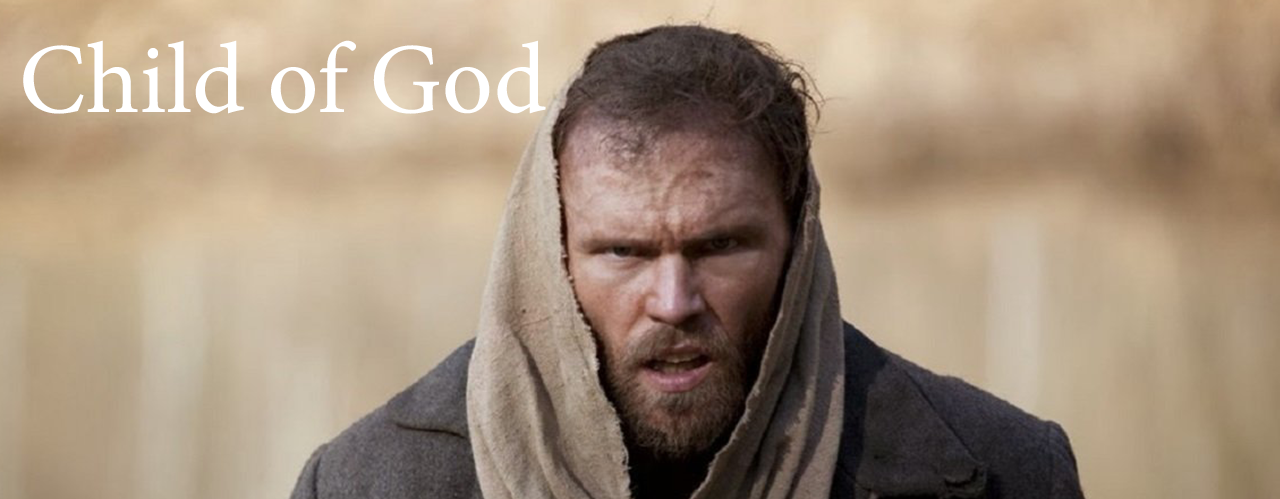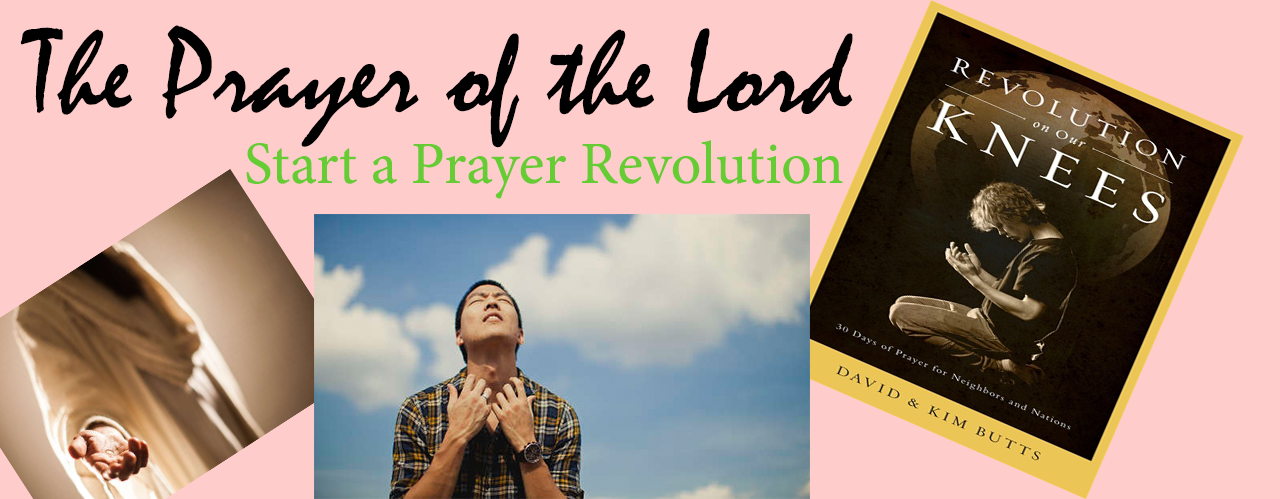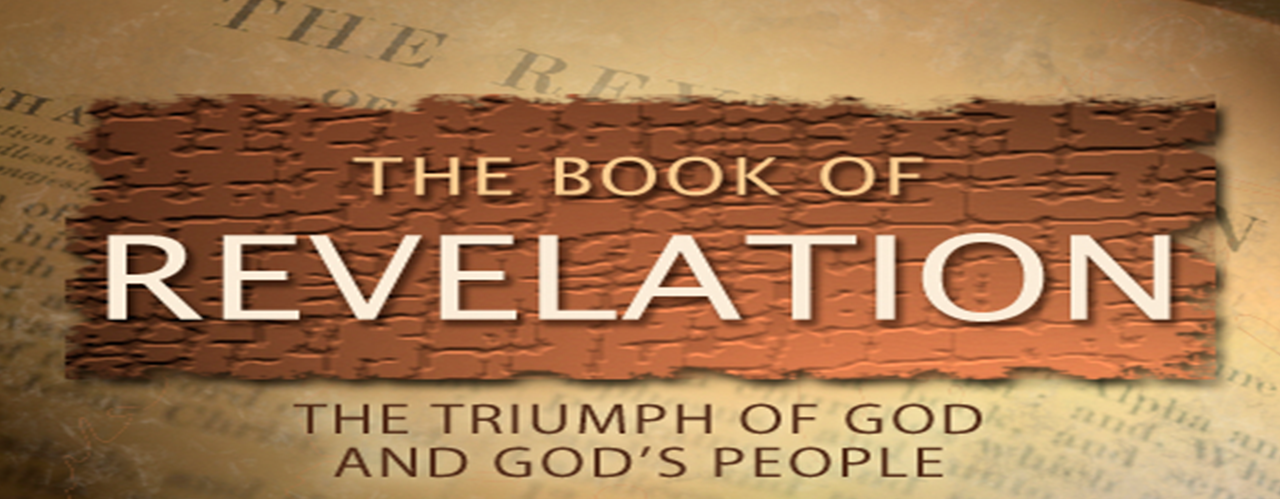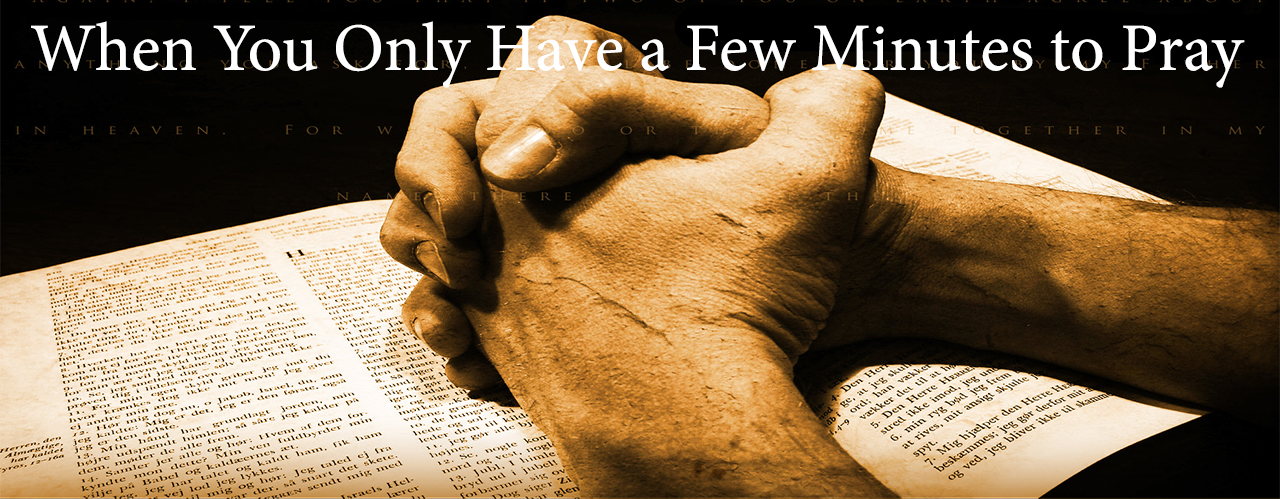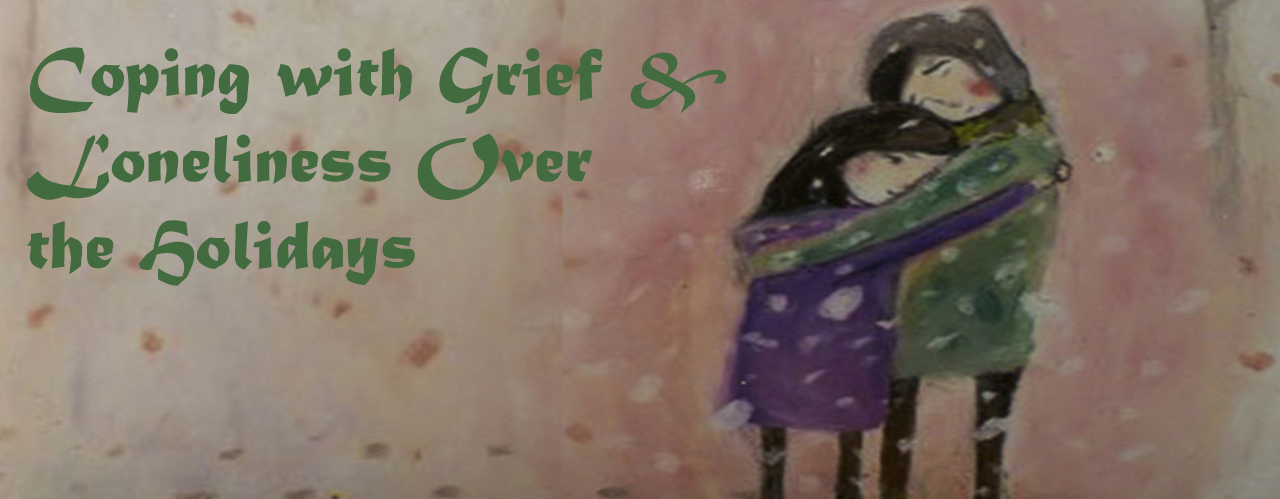James W. Goll | The spirit of this world is out of control and vying for the attention of any half-interested soul (image © V. Gilbert & Arlisle F. Beers)
A battle is being waged in our day—an end-time battle of passions, an unprecedented competition between the altars of fire. The spirit of this world is out of control and vying for the attention of any half-interested soul. Sometimes it seems we have more "Hollywood" than "holy good" in the church.
But good news is on the horizon. This fierce fight of the ages will escalate as waves of God's irresistible love wash over us, and the constraints of stale religiosity are replaced by passionate, fiery, relatable Christianity. A revolution of intimacy is coming in the church. Is that not what your heart is aching for? Like John, the beloved disciple of Jesus, we too shall learn to lean our heads on our Master's chest and rest in the sound of His heart beating in the rhythm of love (John 21:20).
As we look at the lifestyle of intimacy in the life of a prophet, let me share with you some thoughts and principles drawn from the book of Genesis on the relationship between intimacy and the prophetic.
Genesis 2:7 grants some awesome relational insights: Then the Lord God formed man from the dust of the ground and breathed into his nostrils the breath of life, and man became a living being." What a beginning! All humankind took on life by the very breath of God's mouth. Talk about an intimate exchange! Ponder this for a while. In some manner, God blew into the lump of clay that He had fashioned, and Adam's body took on an added dimension. Man became a living being.
That is what the prophetic life and ministry are all about—human beings being filled with the breath of God and then in turn exhaling onto others the breath of life they have received from their Creator. This is what our Messiah did as well. After His resurrection, He appeared to His disciples, who were hiding for fear. He said, "As My Father has sent Me, even so I send you" (John 20:21). Then Jesus breathed on them and said, "Receive the Holy Spirit" (verse 22).
At the Last Supper of Jesus with His trainees, John leaned back on the Lord's chest (John 13:25). What do you think he heard? Yes, probably the pulsating heart of the Savior, but he also would have heard something else: the Messiah's very breath as He inhaled and exhaled. Imagine being so close to the Lord that you hear Him breathing!
God's original intent was for all of us to be carriers of His presence. Today the Lord is looking for vessels He can breathe into once again. He seeks some He can put His mouth on, as it were, and blow His Spirit into them, so that their lungs, their hearts, their souls, their bodies, their temples will be filled with the very breath of the Almighty. He wants us to be carriers of His most brilliant presence. What could be greater?
That was the Lord's original intent. And we know what followed: "Therefore a man will leave his father and his mother and be joined to his wife, and they will become one flesh. They were both naked, the man and his wife, and were not ashamed" (Gen. 2:24-25). Here we are given a graphic picture of what things look like when a man or woman is filled with the brilliance of God's presence. When we are filled with His pneuma (the Greek word for breath), we are not self-absorbed and fearful but walking with God and others in transparent love.
Adam and Eve were not ashamed. They were not overcome by guilt, nor were they driven by condemnation. They were not hiding behind whatever leaves they could find. They were naked; they were walking in honesty; they were enjoying intimate communion with God; and they "knew" each other.
That is God's design for marriage, which is the picture of the union He plans for us as the bride of Jesus Christ (Eph. 5:22-32) and our incredible, glorious Husband. This Master of ours wins our hearts with one glance of His eye (Song 4:9). And the amazing thing is, one glance of our own eyes shining back into His undoes His heart as well. What a profound mystery! The revelation of this truth alone would create a revolution of intimacy among God's people. It is awesome, and it is pictured right here in the Garden of Eden, at the beginning of all things.
Adam and Eve were hiding behind nothing. Their hearts were beating with love for one another, and they were not ashamed. There were no barriers to intimacy.
*Excerpted from The Lifestyle of a Prophet. Dr. James W. Goll is the cofounder of Encounters Network, a ministry to the nations. He has written fifteen extensive Bible study guides and is the author or coauthor of fourteen books, including The Coming Prophetic Revolution and Praying for Israel's Destiny. Goll is a contributing editor to Kairos magazine and speaks and ministers around the world.
Dr. James Goll is the founder of Encounters Network, Prayer Storm and helps carry on the work of Compassion Acts. For information on his online school visit: geteschool.com. James continues to live in Tennessee and is a joyful father and grandfather today.

